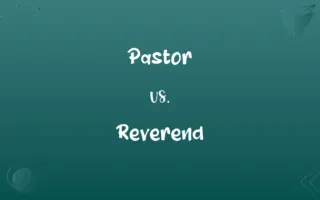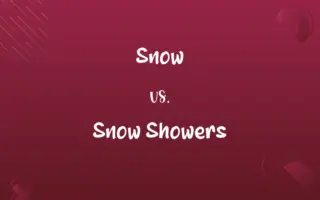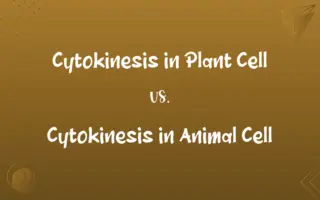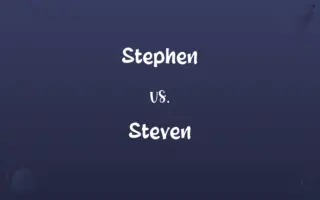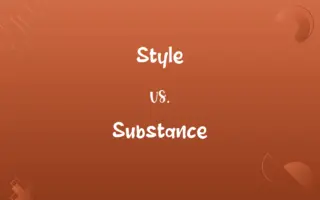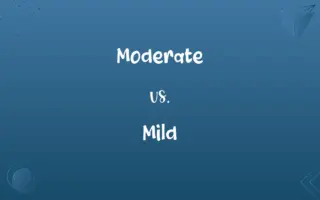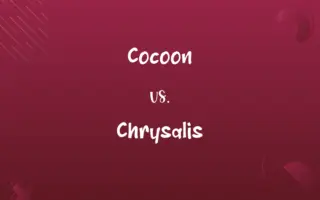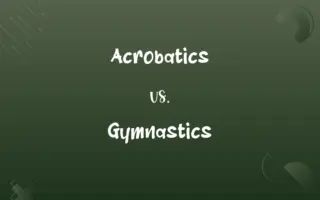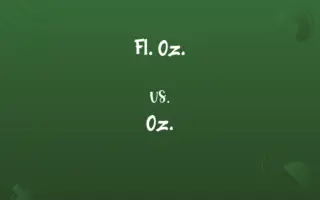Past Participle vs. Past Perfect: Know the Difference

By Shumaila Saeed || Published on December 25, 2023
The past participle is a verb form used in perfect tenses and passive voice, while the past perfect tense describes an action completed before another past action.
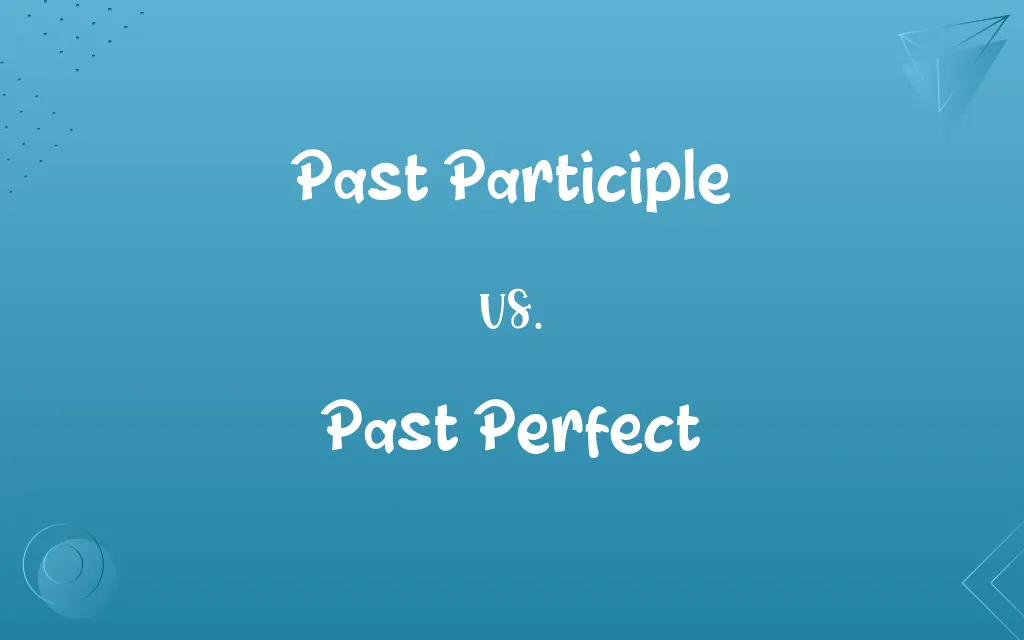
Key Differences
The past participle is a verb form often ending in -ed, -d, -t, -en, or -n (e.g., cooked, danced) used in perfect tenses and passive constructions. The past perfect tense, however, is a verb tense that uses the past participle with the auxiliary verb 'had' to indicate an action completed before another in the past (e.g., had cooked, had danced).
Shumaila Saeed
Dec 25, 2023
Past participles are versatile and also used as adjectives (e.g., a broken vase). The past perfect tense strictly indicates a chronological sequence of events in the past and doesn't function as an adjective.
Shumaila Saeed
Dec 25, 2023
In constructing sentences, the past participle often follows forms of 'have' or 'be' to create perfect or passive forms. The past perfect specifically combines 'had' with a past participle to denote that one past event preceded another.
Shumaila Saeed
Dec 25, 2023
Usage of the past participle is essential in forming present perfect, past perfect, and future perfect tenses. The past perfect, in contrast, is specifically for actions completed before a certain point in the past.
Shumaila Saeed
Dec 25, 2023
The past participle can be used in passive voice constructions (e.g., The cake was eaten). In contrast, the past perfect is never used in passive voice; it only shows the sequence of past actions.
Shumaila Saeed
Dec 25, 2023
ADVERTISEMENT
Comparison Chart
Definition
Verb form used in perfect tenses, passive voice
Tense showing an action completed before another
Shumaila Saeed
Dec 25, 2023
Function
Forms perfect tenses, passive voice, adjectives
Indicates past action sequence
Shumaila Saeed
Dec 25, 2023
Example Sentence Components
"eaten" in "The cake has been eaten"
"had eaten" in "She had eaten before arriving"
Shumaila Saeed
Dec 25, 2023
Usage in Tenses
Present perfect, past perfect, future perfect
Specifically past actions before another past
Shumaila Saeed
Dec 25, 2023
ADVERTISEMENT
Past Participle and Past Perfect Definitions
Past Participle
Essential in forming passive voice constructions.
The letter was written by her.
Shumaila Saeed
Dec 15, 2023
Past Perfect
Tense used for actions completed before another past action.
She had left before the party started.
Shumaila Saeed
Dec 15, 2023
Past Participle
Verb form used in perfect tenses and passive voice.
The song has been played.
Shumaila Saeed
Dec 15, 2023
Past Perfect
Sets a background scene in past narratives.
He realized he had seen her before.
Shumaila Saeed
Dec 15, 2023
Past Participle
Often ends in -ed, -d, -t, -en, or -n.
The window was broken.
Shumaila Saeed
Dec 15, 2023
ADVERTISEMENT
Past Perfect
Indicates a sequence of events in the past.
After he had eaten, he went to bed.
Shumaila Saeed
Dec 15, 2023
Past Participle
Forms part of the present and future perfect tenses.
He has walked to school.
Shumaila Saeed
Dec 15, 2023
Past Perfect
Formed by 'had' followed by a past participle.
They had finished the project by then.
Shumaila Saeed
Dec 15, 2023
Past Participle
Can function as an adjective.
The broken vase was on the floor.
Shumaila Saeed
Dec 15, 2023
Past Perfect
Often used in reported speech.
She said she had never been there.
Shumaila Saeed
Dec 15, 2023
Repeatedly Asked Queries
Are all past participles regular?
No, some are irregular (e.g., written, seen).
Shumaila Saeed
Dec 25, 2023
What is a past participle?
A verb form used in perfect tenses and passive constructions.
Shumaila Saeed
Dec 25, 2023
Can the past perfect stand alone?
Usually, it's in context with another past action.
Shumaila Saeed
Dec 25, 2023
Do past participles have a fixed form?
Yes, they don't change with the subject.
Shumaila Saeed
Dec 25, 2023
Is the past perfect used for recent actions?
No, it's for actions before another past point.
Shumaila Saeed
Dec 25, 2023
Do past participles agree in number or gender?
No, they remain the same regardless.
Shumaila Saeed
Dec 25, 2023
Is the past perfect tense common in spoken English?
It's more common in written English.
Shumaila Saeed
Dec 25, 2023
Are past participles the same in all perfect tenses?
Yes, the participle form doesn't change.
Shumaila Saeed
Dec 25, 2023
Can past participles have multiple forms?
Some irregular verbs do (e.g., gone, been).
Shumaila Saeed
Dec 25, 2023
How does context affect past perfect usage?
It clarifies the sequence of past events.
Shumaila Saeed
Dec 25, 2023
What does the past perfect tense indicate?
An action completed before another past action.
Shumaila Saeed
Dec 25, 2023
Can past participles be used without auxiliary verbs?
Only as adjectives, not in verb forms.
Shumaila Saeed
Dec 25, 2023
Are there exceptions in using past perfect?
Yes, in some conditional sentences.
Shumaila Saeed
Dec 25, 2023
Can past participles be used in questions?
Yes, in perfect tense and passive voice questions.
Shumaila Saeed
Dec 25, 2023
Is past perfect always necessary?
Not always; it depends on the need to show sequence.
Shumaila Saeed
Dec 25, 2023
Is the past perfect tense subjective?
No, it objectively indicates past sequence.
Shumaila Saeed
Dec 25, 2023
Share this page
Link for your blog / website
HTML
Link to share via messenger
About Author
Written by
Shumaila SaeedShumaila Saeed, an expert content creator with 6 years of experience, specializes in distilling complex topics into easily digestible comparisons, shining a light on the nuances that both inform and educate readers with clarity and accuracy.


